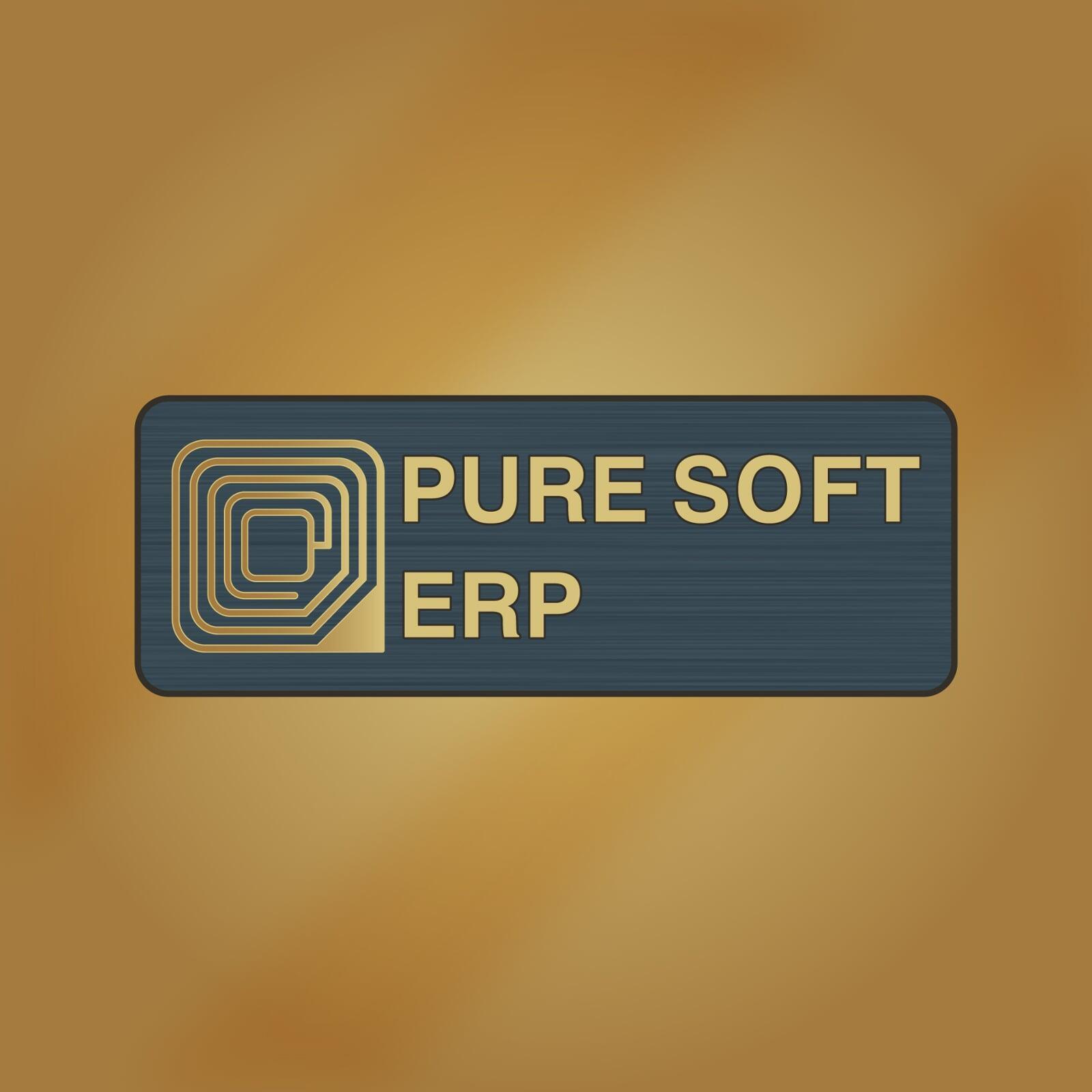
Our services typically include software development, customization, implementation, training, and ongoing technical support.
We work closely with our clients to understand their unique business processes and tailor the ERP system to meet their specific needs.
We offer industry-specific solutions for sectors like manufacturing, retail, constructions, and real estate.
Ultimately, We aim to streamline operations, improve efficiency, and drive growth for our clients through integrated software solutions.
Amazing Services
Implementation and Training
Implementation:
Requirements Analysis: Understanding the specific needs and requirements of the client's business processes. This involves detailed discussions with key stakeholders to identify pain points, inefficiencies, and desired outcomes.
Customization and Configuration: Tailoring the ERP software to fit the unique needs of the client's organization. This may involve configuring settings, workflows, and modules within the ERP system to align with the client's business processes.
Data Migration: Transferring existing data from legacy systems or spreadsheets into the new ERP system. This is a critical step to ensure continuity of operations and historical data integrity.
Testing and Quality Assurance: Conducting rigorous testing to ensure that the ERP system functions as expected and meets the client's requirements. This includes testing various scenarios, workflows, and integrations to identify and address any issues or bugs.
Go-Live Support: Assisting the client during the transition period from their old systems to the new ERP system. This may involve providing on-site support, resolving any issues that arise during the initial rollout, and ensuring a smooth transition for end-users.
Training:
End-User Training: Providing comprehensive training sessions to educate the client's employees on how to use the ERP system effectively. This typically includes training on basic navigation, data entry, report generation, and any specific modules or functionalities relevant to their roles.
Train-the-Trainer Programs: Equipping select individuals within the client's organization to become internal ERP system trainers. These individuals receive in-depth training on the ERP system so they can subsequently train other employees within their respective departments or teams.
User Documentation: Developing user manuals, guides, and documentation to serve as reference materials for employees as they familiarize themselves with the ERP system. This documentation may cover system functionalities, best practices, troubleshooting tips, and frequently asked questions.
Ongoing Support: Offering continued support and assistance to users as they begin using the ERP system in their day-to-day operations. This may involve providing additional training sessions, addressing user inquiries or concerns, and facilitating knowledge-sharing among users.
Overall, the goal of Implementation and Training services for an ERP company is to ensure a successful deployment of the ERP system that aligns with the client's business objectives and empowers their employees to maximize the benefits of the software. This involves a combination of technical expertise, project management skills, and effective communication to guide the client through every stage of the implementation process and beyond.
Consulting
Needs Assessment:
- Conducting in-depth assessments of a client's business processes, goals, and challenges to identify opportunities for improvement through ERP solutions.
- Analyzing current systems, workflows, and data management practices to determine areas of inefficiency or opportunity for optimization.
ERP Selection:
- Assisting clients in identifying the most suitable ERP system based on their specific requirements, budget, industry, and organizational size.
- Conducting market research, evaluating different ERP vendors and solutions, and providing recommendations tailored to the client's needs.
Strategy Development:
- Collaborating with clients to develop strategic roadmaps for ERP implementation and adoption aligned with their business objectives.
- Defining project scope, goals, timelines, and key performance indicators (KPIs) to ensure successful outcomes.
Implementation Planning:
- Developing comprehensive implementation plans outlining the steps, resources, and timelines required to deploy the chosen ERP solution.
- Identifying potential risks and mitigation strategies to minimize disruptions to business operations during the implementation process.
Change Management:
- Providing change management expertise to help clients navigate organizational changes associated with ERP implementation, including communication, training, and stakeholder engagement.
- Developing change management strategies to promote user adoption and mitigate resistance to change within the organization.
Optimization and Continuous Improvement:
- Offering ongoing support and guidance to optimize the performance of the ERP system and maximize its value to the organization.
- Conducting periodic reviews and assessments to identify opportunities for process improvement, system enhancements, and additional functionalities.
Industry Expertise:
- Leveraging industry-specific knowledge and best practices to tailor ERP solutions to the unique requirements and regulations of different industries, such as manufacturing, retail, healthcare, or finance.
Overall, ERP consulting services aim to provide clients with the expertise, guidance, and support needed to make informed decisions, successfully implement ERP solutions, and drive business transformation and growth. Consultants serve as trusted advisors, working closely with clients to navigate the complexities of ERP projects and achieve their strategic objectives.
Customization
Requirements Gathering:
- Collaborating with the client to understand their unique business processes, workflows, and objectives.
- Identifying specific features, functionalities, and integrations needed to support the client's operations effectively.
Custom Development:
- Developing custom modules, features, or extensions within the ERP system to address the client's specific requirements.
- Writing custom code or scripts to enhance the functionality of the ERP software and accommodate unique business processes.
User Interface (UI) Customization:
- Customizing the user interface of the ERP software to align with the client's branding guidelines and user experience preferences.
- Modifying the layout, design elements, and navigation menus to optimize usability and accessibility for end-users.
Data Integration:
- Integrating the ERP system with other third-party software, databases, or systems used by the client's organization.
- Implementing data synchronization processes to ensure seamless exchange of information between the ERP system and external systems.
Workflow Automation:
- Automating repetitive tasks, processes, and workflows within the ERP system to improve efficiency and productivity.
- Implementing workflow rules, triggers, and notifications to streamline business processes and reduce manual effort.
Report Customization:
- Creating custom reports, dashboards, and analytics tools to provide the client with actionable insights into their business performance.
- Tailoring reporting templates and data visualizations to meet the client's specific reporting requirements and key performance indicators (KPIs).
Training and Support:
- Providing training and support to the client's employees to ensure they can effectively use and maintain the customized ERP system.
- Offering ongoing support and maintenance services to address any issues, bugs, or enhancement requests related to the customized ERP solution.
Overall, customization services for an ERP company enable clients to optimize their ERP software to fit their unique business needs, processes, and objectives. By tailoring the ERP system to their specific requirements, clients can improve operational efficiency, decision-making, and overall business performance.
Technical Support
Issue Resolution:
- Responding to client inquiries and requests for assistance regarding technical issues, errors, or malfunctions encountered within the ERP system.
- Diagnosing problems, troubleshooting root causes, and implementing solutions to resolve issues promptly and effectively.
Software Updates and Patches:
- Assisting clients with installing software updates, patches, and bug fixes released by the ERP vendor to address known issues and improve system performance.
- Ensuring that clients' ERP systems are up-to-date with the latest software versions and security enhancements.
Performance Optimization:
- Analyzing the performance of the ERP system and identifying opportunities to optimize system configurations, database settings, and server resources.
- Providing recommendations and implementing optimizations to improve system responsiveness, scalability, and reliability.
Data Management:
- Assisting clients with data-related tasks, such as data imports, exports, backups, and migrations within the ERP system.
- Providing guidance on data cleansing, normalization, and integrity checks to ensure the accuracy and consistency of data stored in the ERP system.
Integration Support:
- Helping clients integrate the ERP system with other software applications, databases, or systems used within their organization.
- Providing assistance with configuring integration settings, troubleshooting connectivity issues, and ensuring data synchronization between systems.
User Training and Documentation:
- Offering technical training sessions and workshops to educate clients' IT staff or end-users on how to effectively use and administer the ERP system.
- Developing technical documentation, user guides, and knowledge base articles to serve as reference materials for troubleshooting common issues and performing system maintenance tasks.
24/7 Support and Escalation:
- Providing round-the-clock support services, including after-hours and weekend support, to address critical issues and minimize system downtime.
- Implementing escalation procedures to route complex or unresolved issues to higher-level technical specialists or development teams for further investigation and resolution.
Overall, technical support services for an ERP company aim to ensure that clients' ERP systems operate smoothly, securely, and efficiently. By providing timely assistance, proactive maintenance, and expert guidance, technical support teams help clients maximize the value of their ERP investments and achieve their business objectives.

